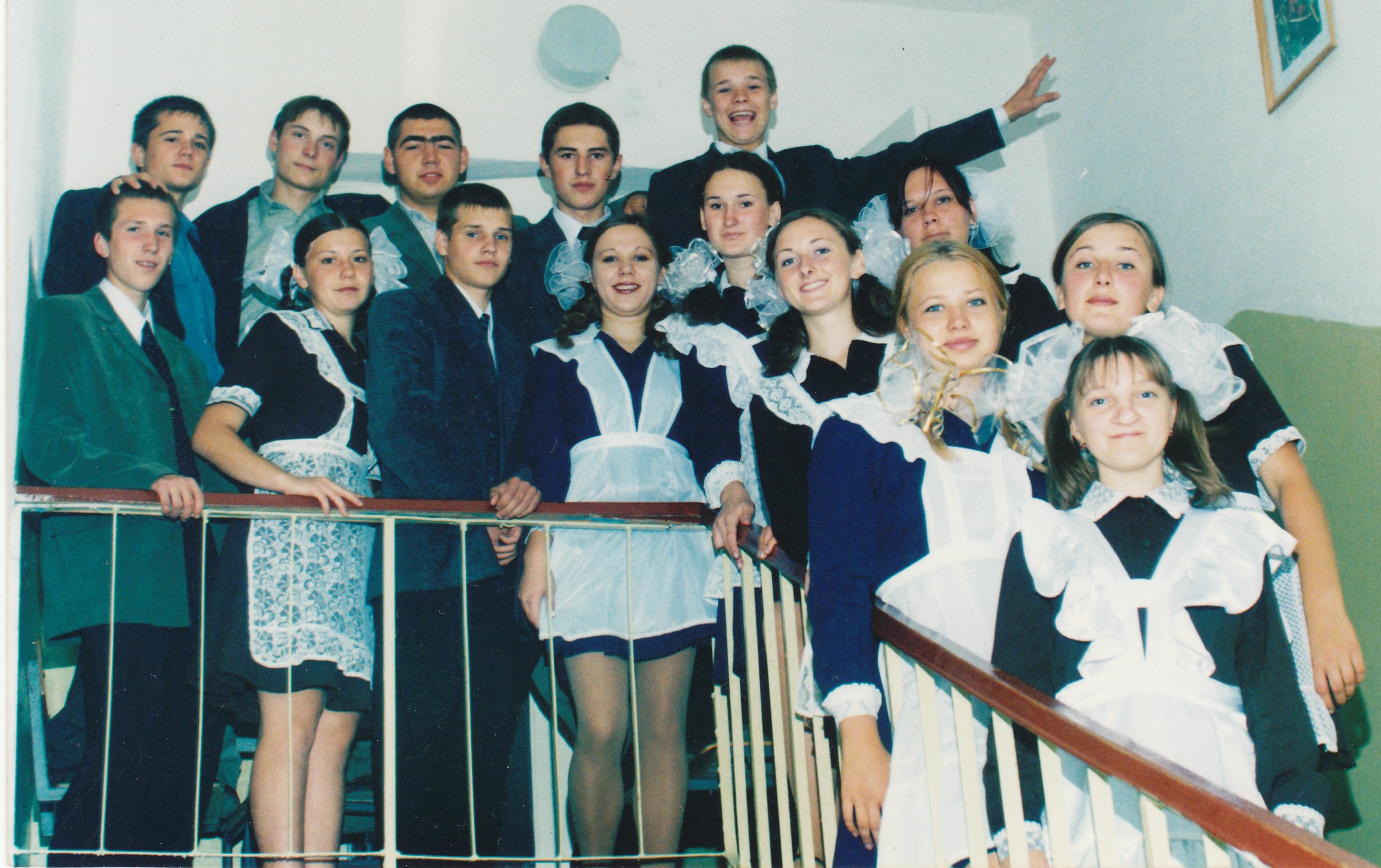Task 14. A Real Friend
Many years ago a rich man named Llewellyn lived in the mountains of Wales. He had a little son two years old, whom he loved very much. Gelert, a large dog, was always near the boy. He was ready to protect him at any moment.
One morning, as Llewellyn prepared to go hunting, he couldn’t find Gelert. So, Llewellyn had to go without him. That day the hunt was not good because his favourite dog was absent. When Llewellyn came back home late in the afternoon, Gelert came running to meet him. There was blood on his muzzle and head. Llewellyn hurried to the room where the child slept.
The master could not see the child. The bed, chairs and tables were overturned. Here and there he could see blood on the floor.
Llewellyn turned to Gelert and said, “You have killed my child!” So he killed the dog. But a few minutes later he found his son in his overturned bed. He was all right. Then he saw the body of a large grey wolf lying in a dark corner of the room.
Then Llewellyn understood everything. Gelert had killed the wolf before it attacked the child.
Llewellyn laid a great stone in his yard as a monument to his dog Gelert.
Vocabulary
Llewellyn – [‘lu:’elın] – м. Луелін
to protect – захищати
to go hunting – ходити на полювання
blood – кров
muzzle – морда (собаки)
overturned – перекинутий
Task 13. A Letter from London
- David spent his summer holidays in England.
- David’s classes at school began on the 1st of September.
- David Smith had a good time in Ukraine.
- David’s father is reading a newspaper.
- The sister is watching TV in her room.
- David is reading a letter from his Ukrainian friend.
- Oleg’s family is big: a mother, a father two sisters and a grandmother.
- Oleg’s mother is talking with her friend over the telephone.
- Oleg’s father is watching TV.
- Sister Nadia is doing her homework for the next day.
- Grandmother Svitlana is reading a book to her granddaughter.
- Oleg is writing a letter to his British friend.
Task 12. An Address Without a Letter
Before 1840 there were no stamps. In those days people usually paid a lot of money for a letter when they received it. That is why people who were poor did not write to one another often. But when they sent or received a letter, it was a very important thing for them and many people knew about it.
There is a story from that time about a letter to a poor woman. One day the postman came to her house to bring her a letter. He told the woman to pay a lot of money, which she did not have. She looked at the letter, and gave it back to the postman. “I cannot pay for it,” she said.
Just at that moment a man heard the conversation between the postman and the woman. He came up to the woman and said, “Let me pay for the letter. I have money and I want to help you.” Then he gave the postman the money he wanted to get from the woman. “I thank you very much,” said the woman, “but you must not pay for the letter. It is from my brother. He sends me one letter every three months. He does not write about himself and his family, he writes only my address on the letter. Then I know that he is well, and as I cannot pay for the letter, I give it back to the postman.”
Vocabulary
a stamp – марка
a postman – поштар
the conversation – розмова
Task 11. Christopher Columbus
- In the fifteenth century people knew only four continents.
- They knew nothing about such a big continent as America.
- The man who was thought to be the discoverer of America was born in 1451 in Spain.
- Knowing that the Earth was round, Columbus decided to reach India by sailing to the east.
- It was very easy for him to organize his expedition as everybody wanted to help him.
- The voyage was very dangerous and difficult.
- On the 12th of October Columbus’ ships reached land.
- Columbus’ third voyage to America took place in 1493.
- In 1493 Columbus discovered some other islands of the West India.
- On the third voyage Columbus came to South America.
- In 1506 Columbus died in Spain being sure that he had reached the New World.
Task 10. Edison’s First Invention
- When Edison was a boy of fifteen, he worked as a telegraph manager.
- But at night there was much work and the telegraph operators usually worked hard.
- The boss ordered each operator to give a signal every ten minutes to show that he was awake.
- Edison’s signals always came at the same time, at the beginning of each new hour.
- One night the boss sent his mother to see how well the boy was working.
- So one day the boss sent an inspector to see how well the boy was working.
- When the inspector opened the door, he saw Edison sleeping in his chair.
- The inspector saw a block with a mechanism on the table.
- The inspector wanted the boy to show how the mechanism could work.
- Edison awoke and was told that he had lost his job.
- This story explains why the first of Edison’s many inventions was patented.










